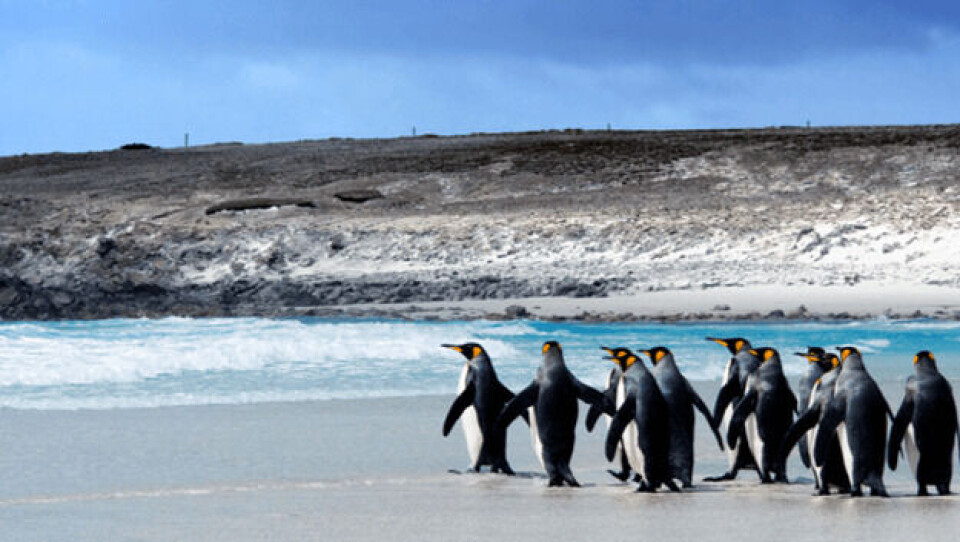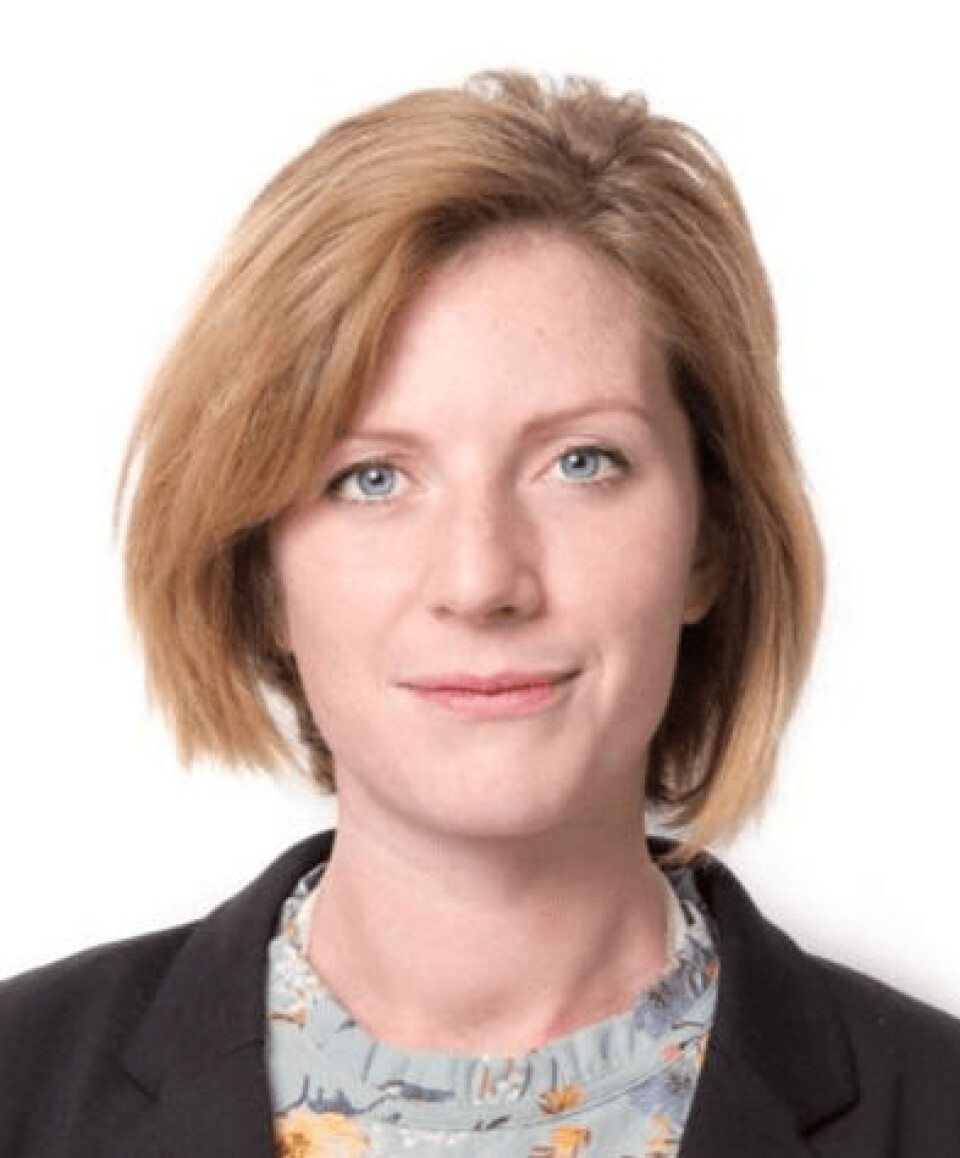
Falklands to study potential for aquaculture
A detailed assessment is to be carried out into the potential development of an aquaculture industry in the Falkland Islands.
The investigation of policy, regulatory and technical requirements by the Falklands government is the first step in deciding whether an aquaculture industry is viable, and to determine if it can be conducted safely in the local environment.
The Islands’ weekly newspaper, Penguin News quoted Falklands director of natural resources, Dr Andrea Clausen, as saying: “We are going to take time over the next two years to understand the risks and to ensure that global best practices for environmental protection and sustainable management would be followed if an aquaculture industry were to be developed at a future point.”

Sustainable revenue source
Clausen, who has a PhD in marine biology from Bangor University in Wales, said finding the expertise to fully assess the scope and case for a new sector industry, along with the necessary bio-security and other regulatory frameworks, requires expert and specialist support.
Teslyn Barkman, the member of the Falklands’ Legislative Assembly with lead portfolio responsibility for natural resources, said aquaculture has the potential to be a sustainable and stable long-term revenue source for the Islands.
“However, those benefits can quickly vanish if you do not have a strong regulatory environment,” added Barkman, who also has secondary responsibility for environment and public protection and the rural development strategy.
“It’s therefore critical that we do our own assessment of what’s required, independent of any particular industry proposal.”
Islands Plan
The aquaculture assessment work supports a number of objectives in The Islands Plan, 2018-2022, among which is the creation of long-term, coordinated strategies that ensure the economy remains sustainable and benefits everyone; ensuring responsible marine management; promoting opportunities for individuals and families to live in settlements outside the main town of Stanley, collectively referred to as “Camp”; developing science and technology capabilities for the Islands and augmenting economic development in Camp.
Average sea temperatures in the Falklands range from a high of around 10°C in February to just under 5°C in August. It is in the same latitudes as the southern region of the world’s second-largest salmon producer, Chile.























































